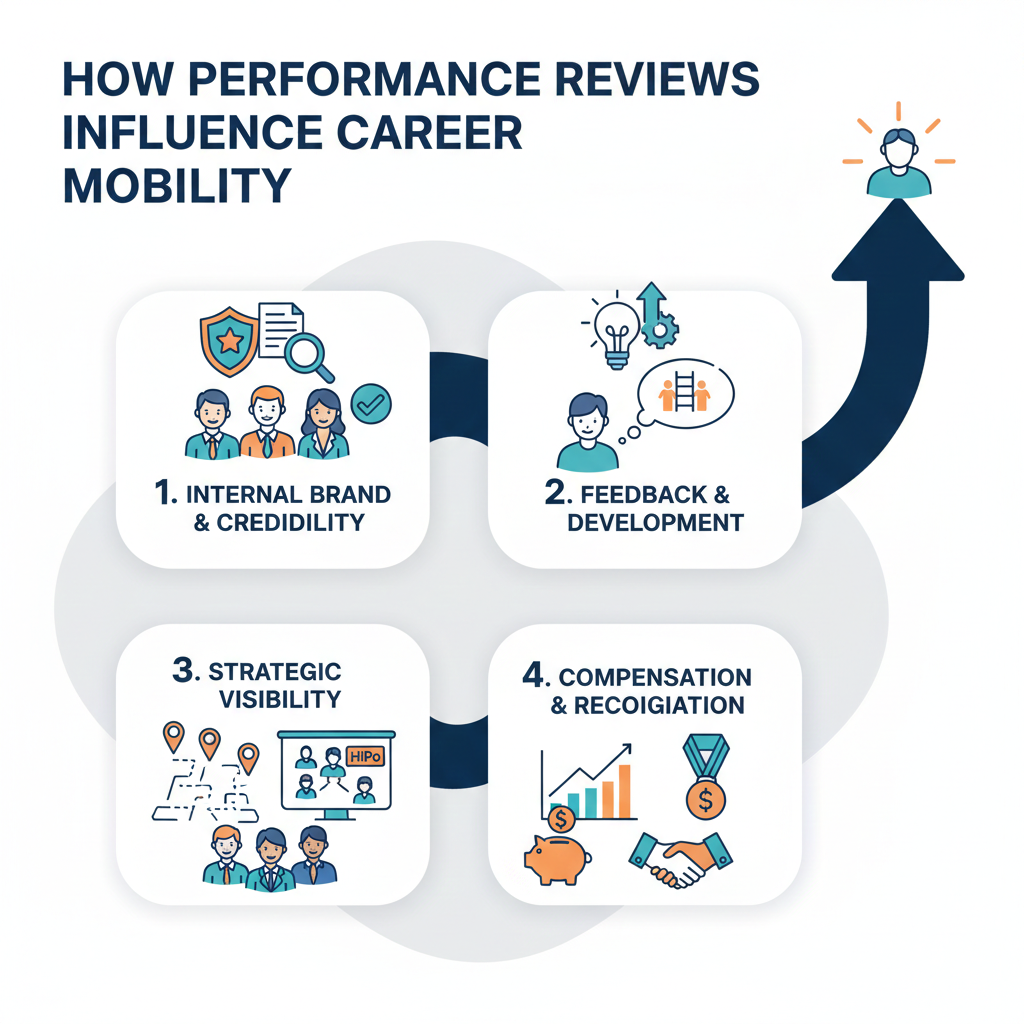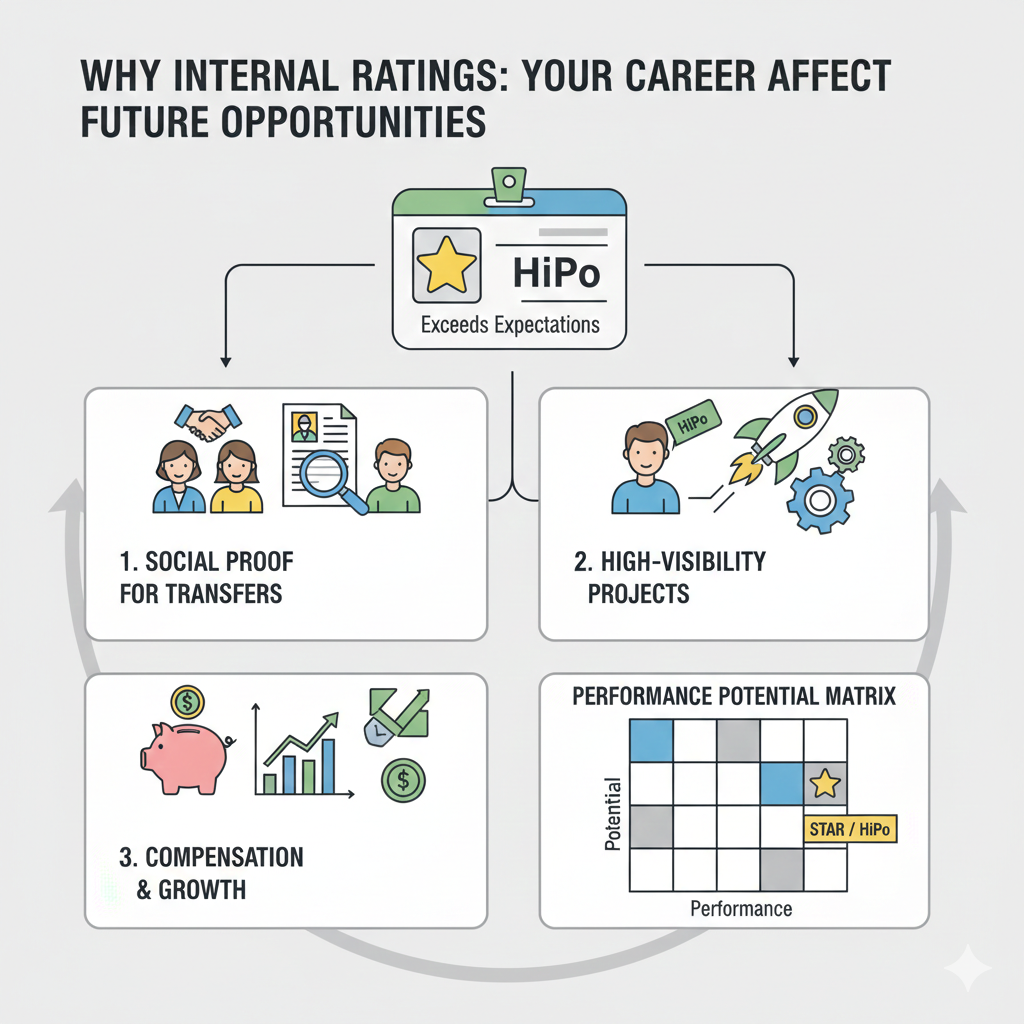Introduction
Has it ever happened that when you shared with someone that you want to do a remote job, instead of giving you proper career guidance, they only told you about the disadvantages—which were not even true but just myths? And now you’re confused whether what they said was really true or just a myth.
So, you don’t need to worry! Read this article and you’ll clearly understand what’s a myth and what’s the truth, and you’ll be confident about whether or not to choose a remote job.
Want a quick summary? Read it here.
What Remote Jobs are ?
Remote jobs are basically those jobs in which you don’t have to go to the office daily. You can work from home or anywhere where the internet is available. In remote jobs, employees and employers connect using online tools such as Zoom Meetings, Slack Chat, Google Meet, Email, or Project Management Apps. It makes the flow of work smooth without physically being present in the office. Remote jobs offer flexible options in which you can work according to your convenience. These jobs are very popular in today’s digital era because they save time, remove the problem of commuting, and make it easier to achieve a work-life balance.
Remote jobs are becoming popular every day because they create a win-win situation for both employees and the company.
Remote jobs provide flexibility to employees, as they can work from anywhere, according to their convenience, they save on the cost of travel and commute, and can spend more time with their family. Also, it is beneficial for companies as well because companies do not have to spend money on office space, electricity, and infrastructure. Besides, these companies also get the chance to hire global talent without geographical boundaries.
After COVID-19, people have gained experience from work-from-home and they realized that working from home does not reduce productivity instantly; sometimes the productivity of employees doubles. That’s why remote jobs are not only a trend, but it is a long-term career option.
Benefits of Remote Jobs
Flexibility in Schedule –
The biggest advantage of remote work is that you can decide the timing of your work. If you are an early riser, then you can finish your work in the early morning, and if you are a night owl, then you can work at night. With this flexibility, you can work according to your energy levels and productivity. Plus, personal errands and emergencies also become easy to handle without formally taking leave.
No Commute –
There is no office commute, which means you can save time and money on fuel. Besides these, the stress of traffic and daily travel also decreases. You can invest this extra time in your productive work or in your personal life. Plus, your health also gets better because you don’t have to go through pollution and travel fatigue.
Better Work-Life Balance –
There are unnecessary meetings, gossip, or interruptions in the office environment. In remote work you set your workspace according to your comfort zone to increase focus. Less destruction means more efficient work. This is especially for those people who want to stay self-motivated and disciplined.
Cost Savings –
Expenses are reduced in remote work because there is no cost of transportation, parking, lunch, coffee, or formal office wear. These savings become a good amount at the end of the month. You can also manage your budget better by staying at home.
Location Independence –
Remote work gives you the freedom to work from the location of your choice — whether it’s your home, a café, or a scenic hill station. This is especially beneficial for people who love to travel or don’t want to be bound to a specific city. It brings variety to your lifestyle and keeps your motivation high.
Common Myths about Remote Jobs
1. Myths: Remote Jobs Are Only for Tech People
- Myth
Remote jobs are only for the tech field, such as software development, programming, or IT support.
- Truth
This is absolutely wrong. Remote work is not limited to tech. In today’s time, remote roles are available in almost every industry. You don’t need IT skills or coding skills if you have skills in writing, designing, teaching, marketing, or communication. Remote work
provide you with both a flexible career as well as global exposure.
Examples of non-tech remote roles.
Content Writer / Copywriter
If you love writing and have the skill to convert ideas into words, then content writing or copywriting would be the best job for you. For freshers, it is in high demand because every business wants blog, articles, website content, and ad copies.
Social Media Assistant
In today’s time, every brand has to handle its social media for support. As a social media assistant, you need to schedule posts, manage comments and replies from the audience, and follow trends. If you love staying active on Instagram, LinkedIn, and Twitter, then this job can be exciting for you.
Graphic Designer
If you love design and creativity, then graphic design is perfect for you. For freshers, there is a junior designer role in which they have to create posters, social media creative, presentations, and logos. You can easily grab remote jobs if you know or can learn tools like Canva, Photoshop, and Figma.
Online Tutor
If you are strong in any subject or have a skill to teach coding basics or a language, then online tutoring is a great remote career option. Platforms like Byju’s, Vedantu, Chegg hire freshers as well. This job not only gives income but also develops teaching and communication skills.
2. Myths: Remote Workers Don’t Grow Professionally
- Myth
Remote jobs provide lower salaries.
- Truth
This is a misconception. Many remote jobs, especially in global companies, offer competitive or even high salaries. Because companies save money on office space infrastructure and travel allowances due to remote work. That’s why they offer good perks and salary packages to their employees. Remote doesn’t mean low pay; instead, it is an effective and flexible way to earn.
Examples of high-paying remote jobs,
Digital Marketing Intern
The scope of digital marketing is big, and it is an in-demand skill for freshers. As an intern, you will get to learn about SEO, social media marketing, email campaigns, and ads. You get real-world exposure from this job, which is priceless for your career growth.
Content Writer / Copywriter
If you love writing and have the skill to convert ideas into words, then content writing or copywriting would be the best job for you. For freshers, it is in high demand because every business wants blog, articles, website content, and ad copies.
Graphic Designer
If you love design and creativity, then graphic design is perfect for you. For freshers, there is a junior designer role in which they have to create posters, social media creative, presentations, and logos. You can easily grab remote jobs if you know or can learn tools like Canva, Photoshop, and Figma.
Social Media Assistant
In today’s time, every brand has to handle its social media for support. As a social media assistant, you need to schedule posts, manage comments and replies from the audience, and follow trends. If you love staying active on Instagram, LinkedIn, and Twitter, then this job can be exciting for you.
3. Myths: Remote Jobs Are Less Secure
- Myth
Remote jobs are not secure; they can stop at any time, or you may not receive payment.
- Truth
It is a common misunderstanding. Reality is that remote jobs are as secure as traditional office jobs. The security relates to the company and role, not the type of work, whether it is remote or on-site. Now many organizations offer higher salaries to employees with full-time remote contracts, which include salary, benefits, paid leave, and promotions.
You can find relevant remote jobs using a job board such as Best Job Tool, Upwork, Flex Job, and Remote ok.
Key point
- Remote companies also offer a written contract just like an office job.
- Remote employees get benefits like health insurance, PF, and leaves.
- Freelancing platforms offer a secure payment gateway and client verification.
- The main factor of security is your skills and the credibility of the company.
Remote jobs are not insecure. If you work through reputable companies or a trusted freelance platform, then remote work provides you with stability, timely payments, and career growth.
4. Myths: Remote Work Means You Myth
- Myth
The meaning of remote work is you can work any time according to you.
- Truth
It’s not the whole truth. Remote work is flexible but it doesn’t mean ‘no schedule’. In most remote job structures, deadlines and coordination are important. You have to work according to the time zone and the requirements of the client. The level of flexibility depends on the company.
- Fully flexible: in this new way, decide your schedule on your own. Only meeting the deadline is important. It is a common model for a freelance writer, designer, or developer.
- Fixed schedule remote job: here you have to log in at a set time daily, like 9 a.m. -6 p.m. It is common in customer support, teaching, and project management roles.
- Hybrid flexibility: These hours are fixed, and some work you can do at your own pace. This model is popular in global companies to manage different time zones.
5. Myths: Remote Workers Are Less Productive
- Myth
Remote workers are less productive because they don’t have a proper office environment.
- Truth
This is completely wrong. Studies have shown that remote workers are often more productive than office employees. The reason is simple—they don’t have the stress of commuting, they face fewer office distractions (like tea breaks or unnecessary meetings), and they can focus better while working in their own comfort zone.
Reasons Why Remote Workers Are More Productive:
- No Daily Commute: Time saved from traveling to the office goes directly into work.
- Flexible Environment: People can work in a setup that suits them—quiet room, music, or co-working spaces.
- Fewer Distractions: With less office gossip and interruptions, concentration improves.
- Better Work-Life Balance: Reduced stress naturally boosts productivity and creativity. Remote workers are not “less productive.” With the right tools and environment, they can be more efficient and motivated in their work. Productivity depends on mindset and discipline—not on location.
Conclusion
There are many misconceptions and myths about remote work, but the fact is that remote work is not just for tech or freelancing. In today’s time, remote jobs are available in every industry, whether it is content writing, marketing, design, or customer support. Remote doesn’t only mean working from home, but it also provides flexibility, better work-life balance, and global experience.
Many people think that remote workers are less productive or the growth opportunities are limited, but research and real-life examples show that remote workers can be productive and skilled. It’s important to understand myths and facts and choose the right remote opportunity according to our skills and interests.
Remote jobs are not just a trend; instead, it is a sustainable career option that provides personal as well as professional growth. So don’t rely on myths, understand facts and take maximum benefit of remote work.







Leave a Reply